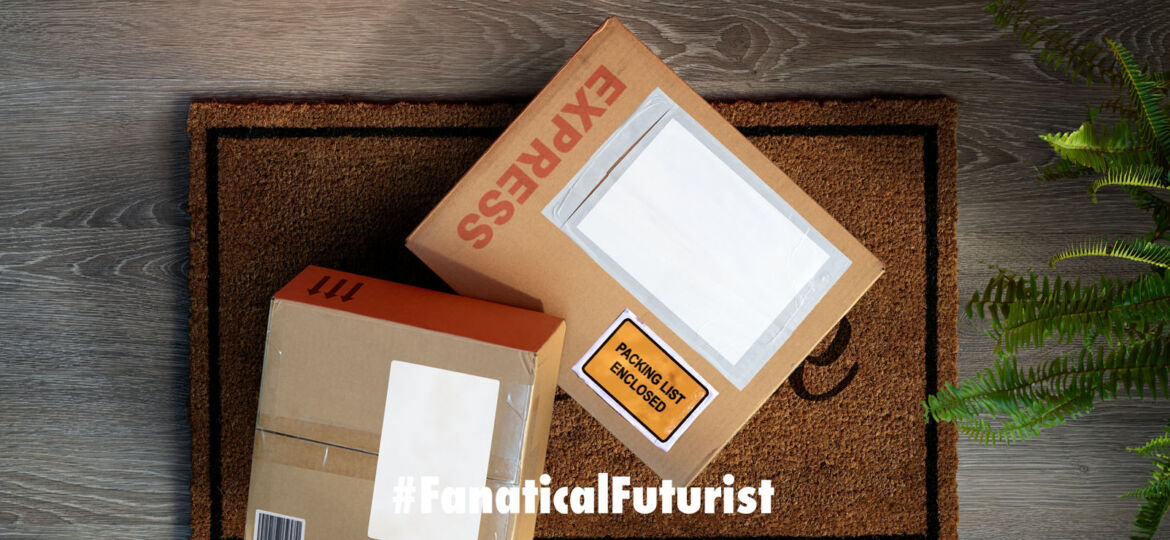
WHY THIS MATTERS IN BRIEF
In the future one of the things missing from your delivery vehicles will be the driver …
 Love the Exponential Future? Join our XPotential Community, future proof yourself with courses from XPotential University, connect, watch a keynote, or browse my blog.
Love the Exponential Future? Join our XPotential Community, future proof yourself with courses from XPotential University, connect, watch a keynote, or browse my blog.
Over the past few years Nuro has been taking some important steps toward a future of autonomous delivery via a variety of partnerships with some big names, and now it’s just landed what might be its biggest fish yet. The startup has entered an agreement with logistics giant FedEx, which has committed to using the startup’s autonomous delivery vehicles in the long-term and at a “large scale.”
Since starting grocery delivery trials in Arizona with supermarket retailer Kroger back in 2018, Nuro has gone on to conduct similar trials with Domino’s, Walmart and CVS. In a significant milestone for the industry, it also recently earned the first ever autonomous vehicle exemption from the US Department of Transport for its R2 pod, which it began testing on the streets of Houston last year.

Courtesy: Nuro
FedEx, too, has dipped its toes in the autonomous delivery pond. In 2019 it unveiled what it called the SameDay Bot, a prototype battery-electric delivery pod that rolls down sidewalks and roadsides to complete same-day, last-mile deliveries.
FedEx will task Nuro’s vehicles with a similar responsibility, adding them to its existing fleet of 200,000 vehicles and using them to carry out last-mile deliveries. The pair have already begun testing in Houston, and will soon begin to incorporate Nuro’s delivery bots in those tests and scale up from there, targeting specific use cases and markets.
Beyond that, the details are rather scarce around what vehicles will be used, and when FedEx customers might expect a Nuro pod to drop a package at the door. Nuro does expect its technology to make FedEx’s operations more efficient, however, increasing its capacity and opening up new methods of delivery.
Source: Nuro
















